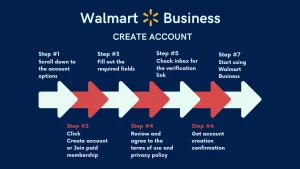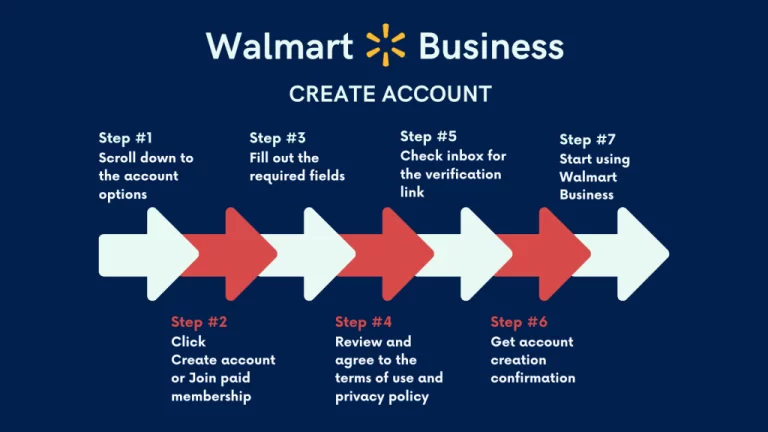
An exciting first step in creating your online presence is launching a small business website. However, choosing the ideal web hosting provider will be a significant choice for you to make. The performance, security, and general success of your website can all be greatly impacted by the web hosting service you choose. We’ll go into the aspects you should take into account when selecting a web hosting company for your small business in this detailed guide.
1. Define Your Needs
Before you start searching for a web hosting provider, it’s vital to define your business’s specific needs. Consider factors like:
- Expected website traffic
- Resource requirements (e.g., storage, bandwidth)
- Website type (e.g., e-commerce, blog, portfolio)
- Budget constraints
Understanding these needs will help you narrow down your options and ensure you choose a hosting plan that suits your business.
2. Types of Web Hosting
Understanding the different types of web hosting is essential:
- Shared Hosting: This is the most budget-friendly option, ideal for small websites with limited traffic. However, it may lack the resources needed for larger sites.
- VPS Hosting: Virtual Private Server hosting offers more resources and control than shared hosting. It’s a good choice for growing businesses.
- Dedicated Hosting: With dedicated hosting, you get an entire server for your website. It’s the most powerful option but also the most expensive.
- Cloud Hosting: Cloud hosting is scalable and flexible, suitable for businesses with varying traffic. You pay for what you use, making it cost-effective.
Consider your current and future needs when selecting a hosting type.
3. Reliability and Uptime
Reliability is one of the most important factors in web hosting. The uptime of a hosting company assures the frequency of visitor access to your website. Seek out providers who guarantee an uptime of at least 99.9%. Select a dependable host because downtime can hurt your company’s reputation and financial results.
4. Security Features
Security is paramount for your website and customer data. Ensure your chosen hosting provider offers:
- SSL certificates for data encryption
- Firewalls and malware scanning
- Regular backups
These features protect your website from threats and ensure data integrity.
5. Scalability
Think on the possibility for expansion of your company. A hosting company should provide simple scaling. Your hosting package ought to be able to handle changes as your website’s traffic and resource requirements rise without creating too many problems.
6. Customer Support
24/7 client service is essential. Before making a commitment, gauge their helpfulness and attentiveness. When technical issues develop, dependable customer service can help you avoid unnecessary time and frustration.
7. Pricing and Contracts
Watch out for contracts with long terms and hidden costs. Recognize the pricing schedule and any renewal fees. To prevent unpleasant surprises in the future, it is imperative to have a comprehensive understanding of your hosting costs.
8. Reviews and Recommendations
To evaluate a provider’s standing, read internet reviews and ask for referrals from other small business owners. Reading about actual experiences might give you important knowledge about the kind of service a hosting provider provides.
Conclusion
Making the best selection for your small business in terms of web hosting requires considerable thought. You may make an informed decision that positions your company for online success by identifying your needs, comprehending hosting options, giving reliability and security first priority, and evaluating customer support. Always keep in mind that your web hosting company is the foundation of your internet presence.













+ There are no comments
Add yours